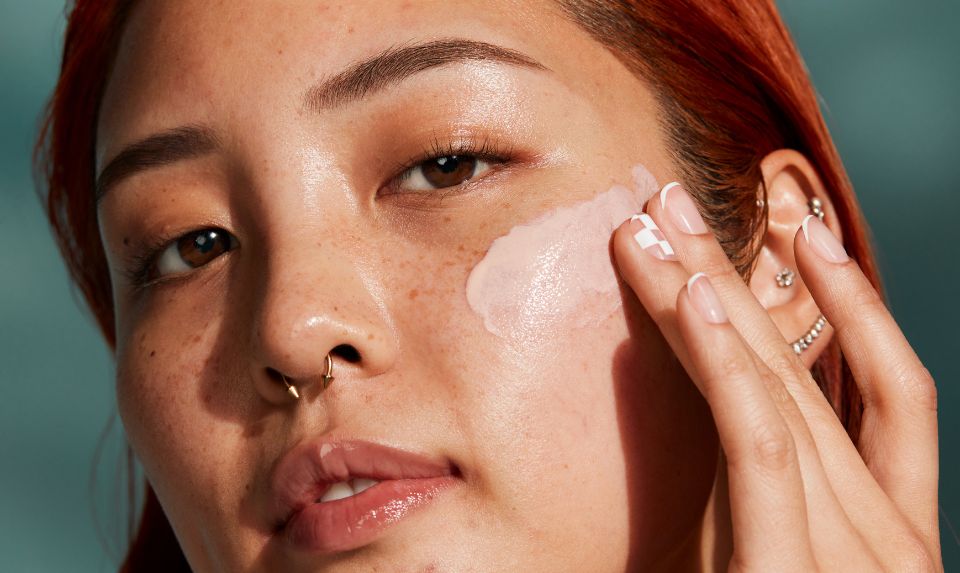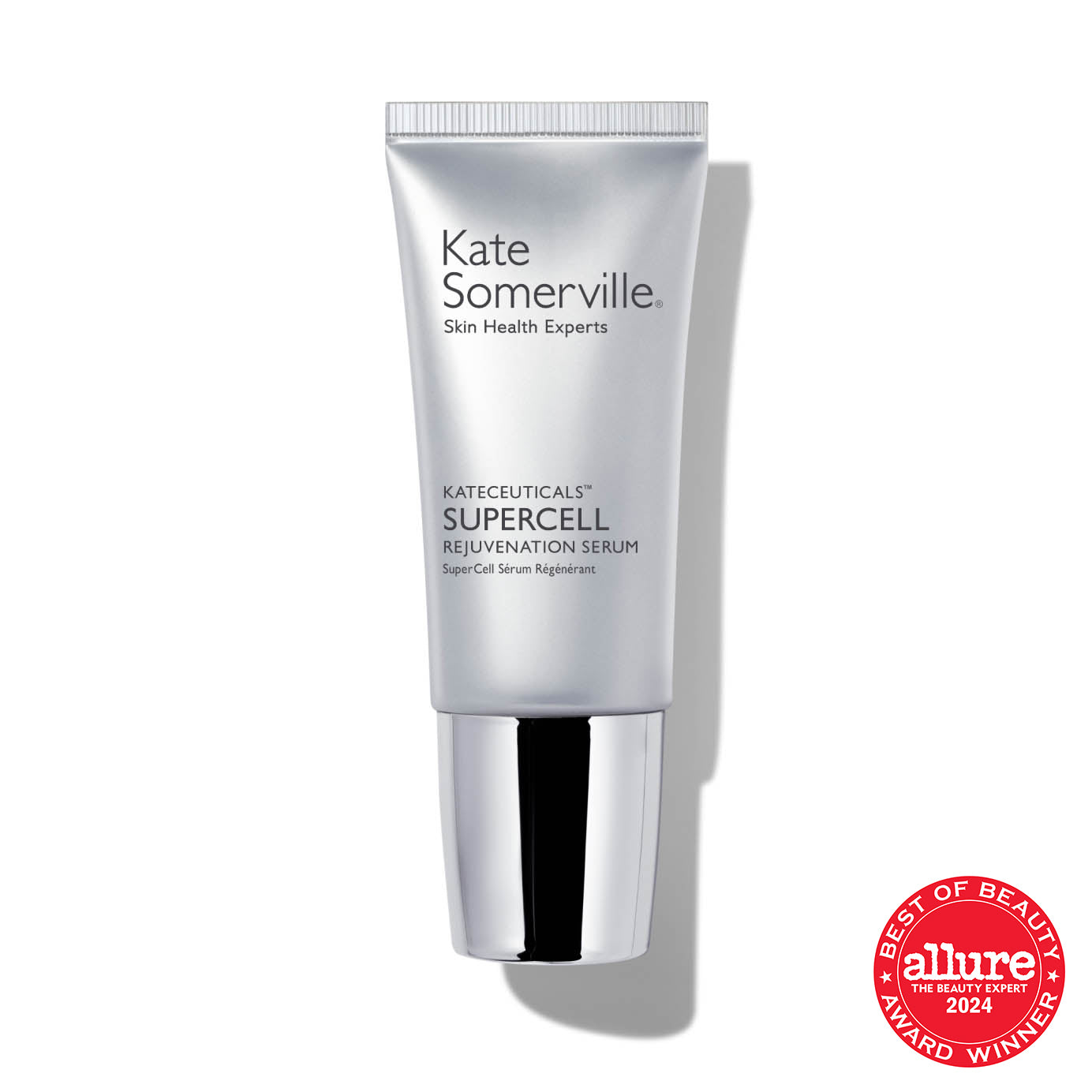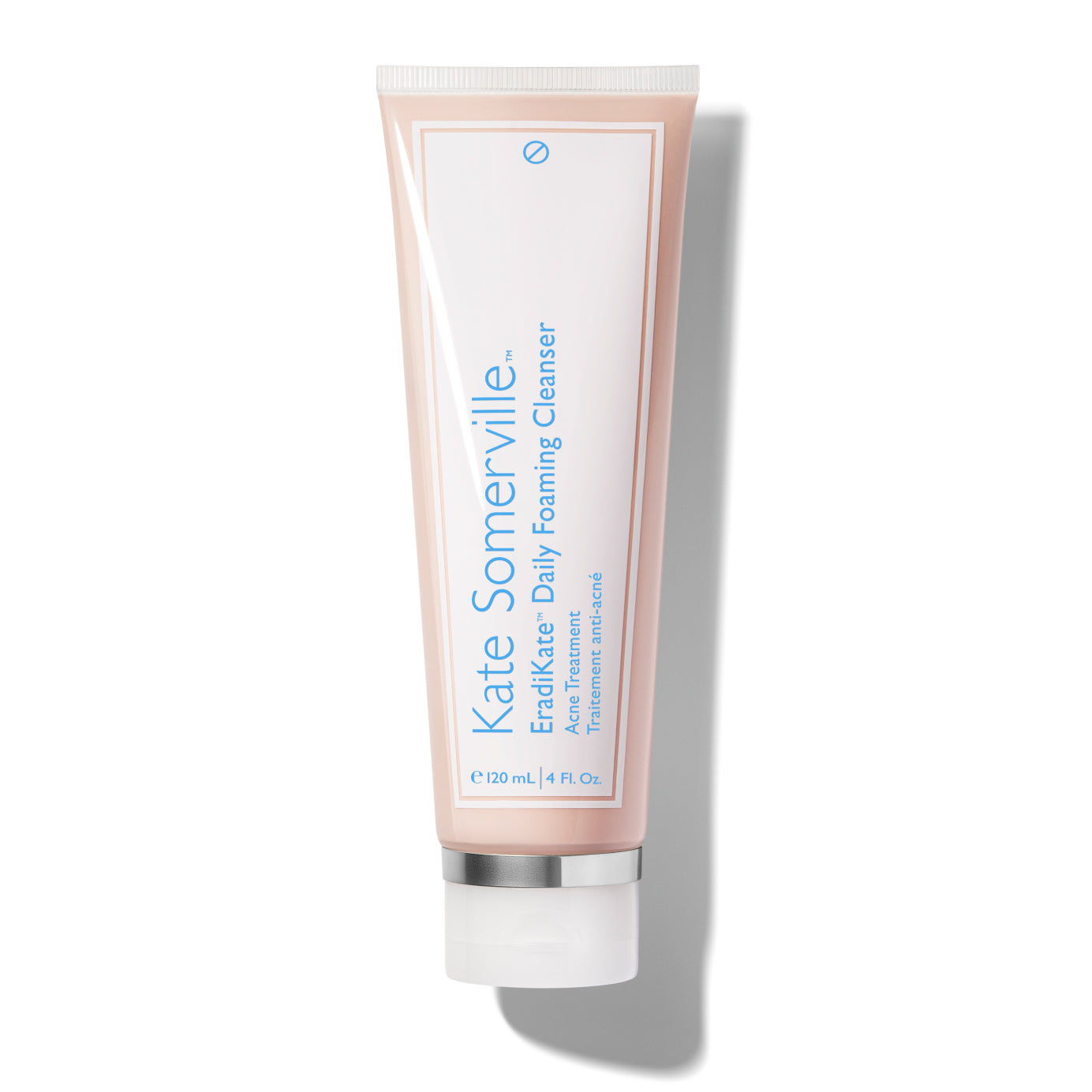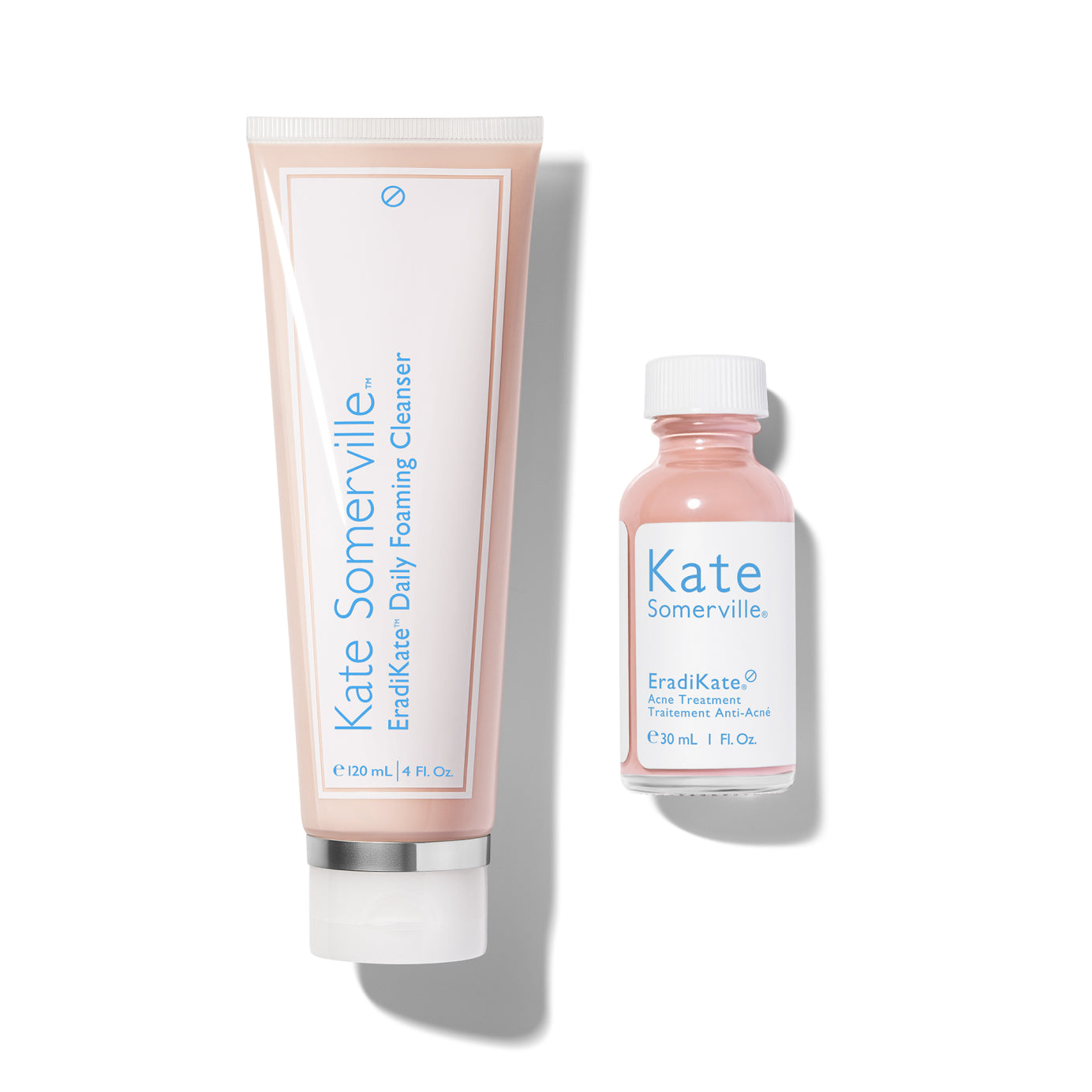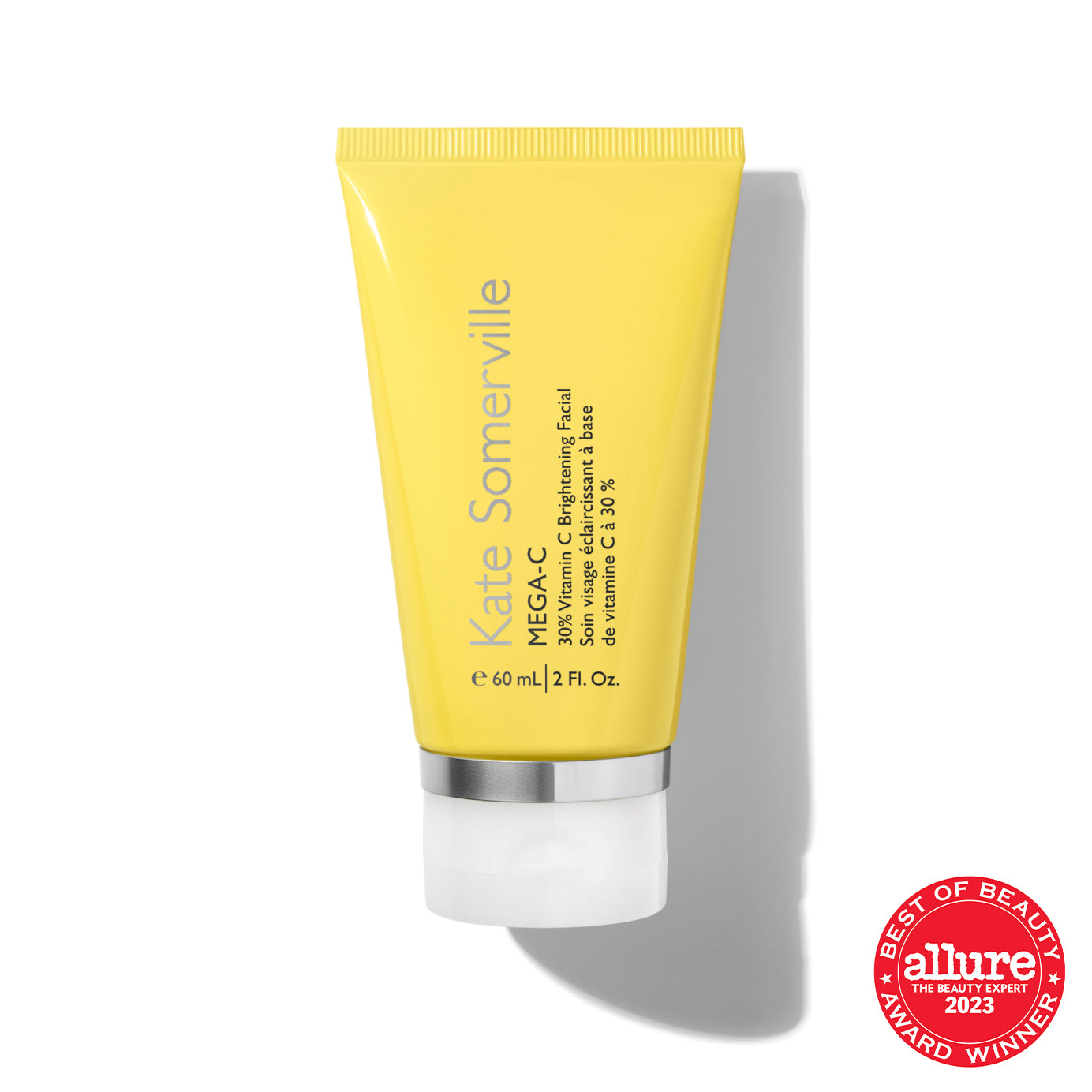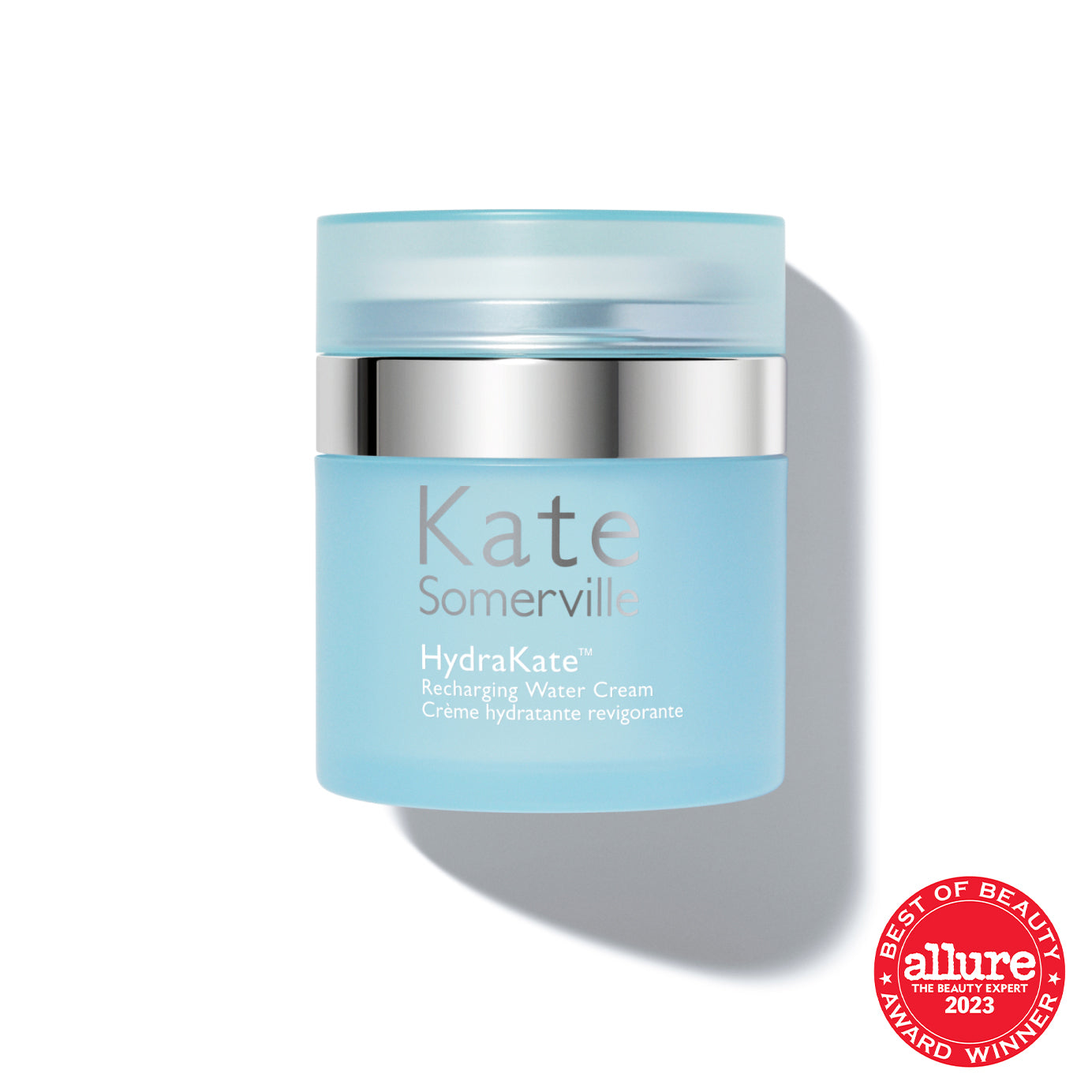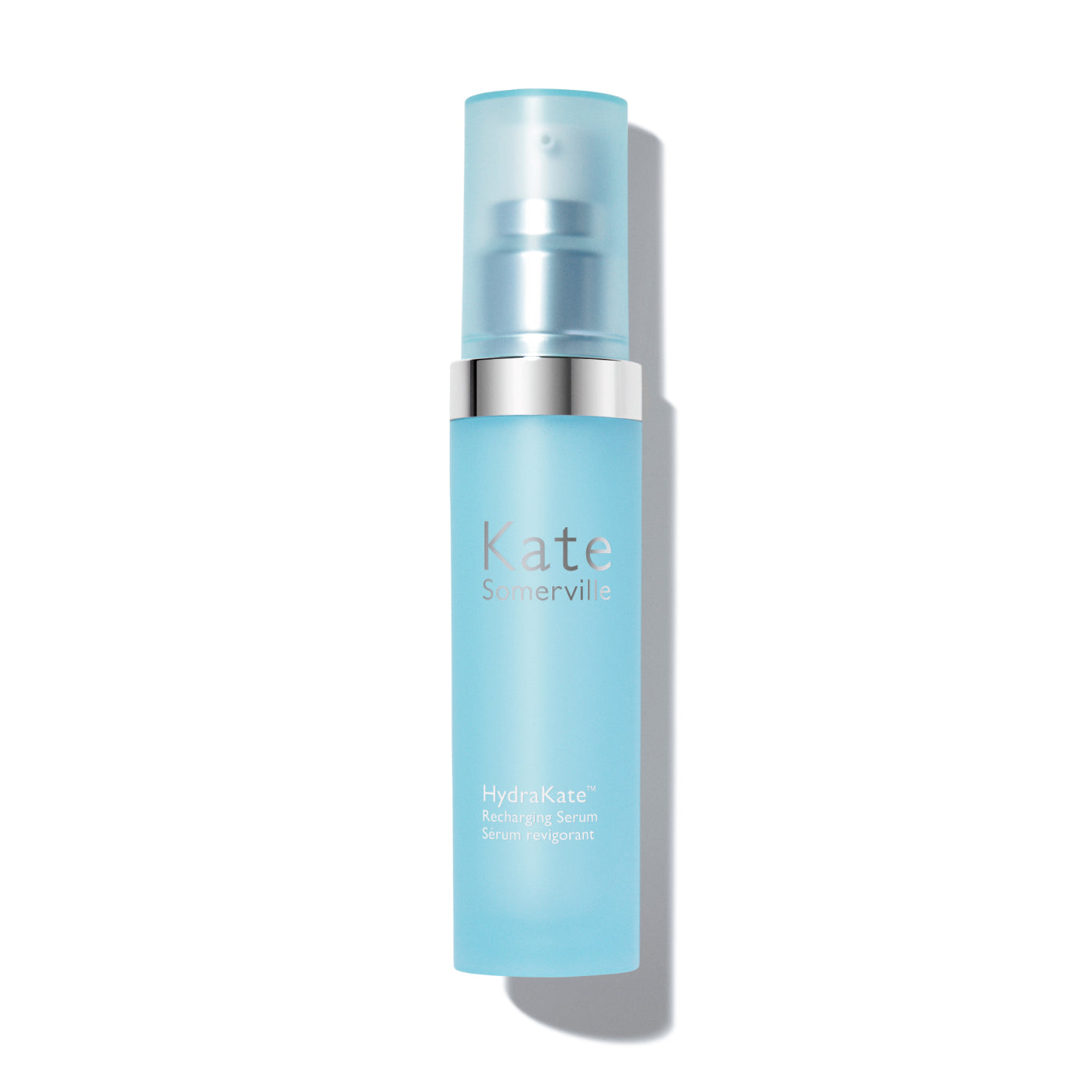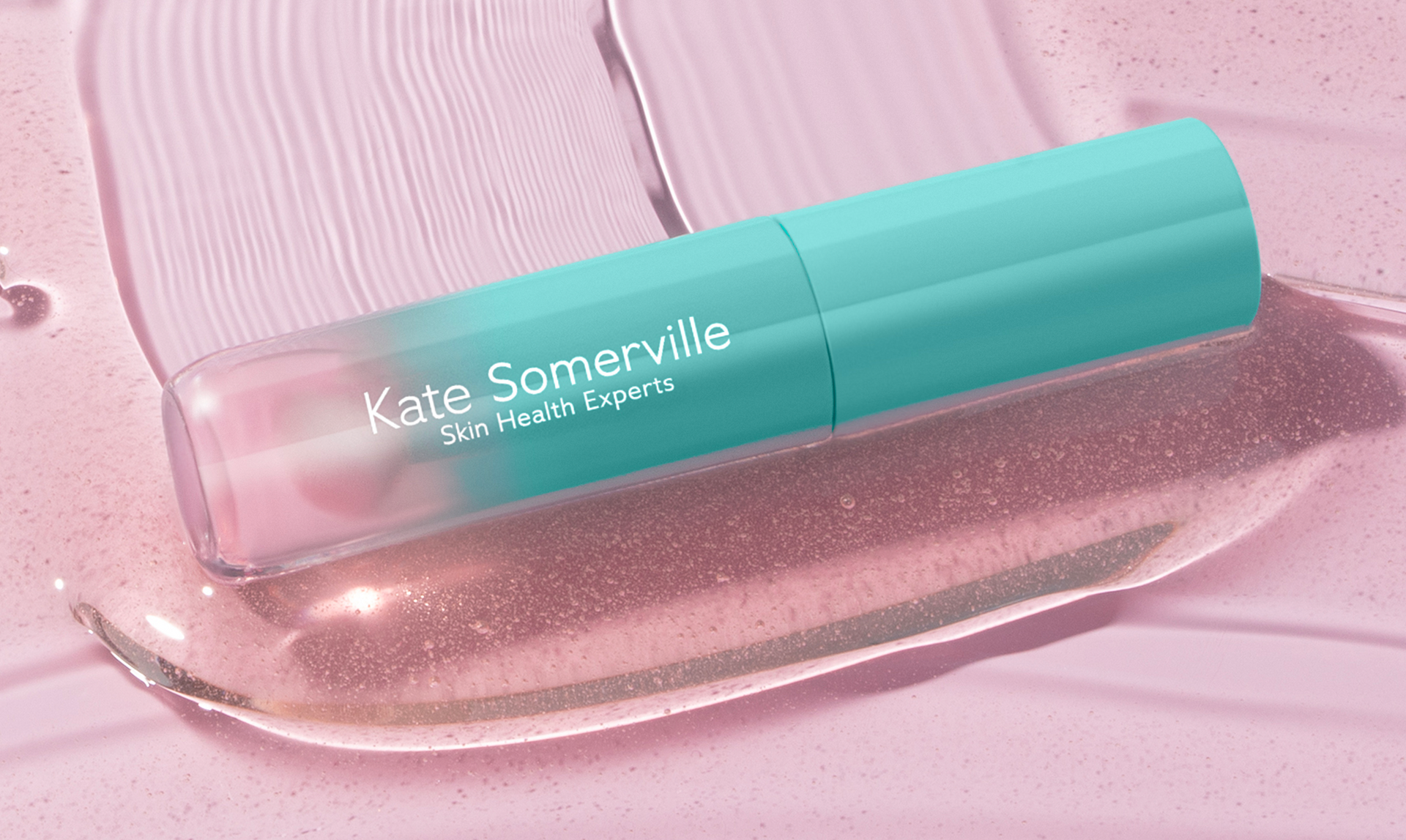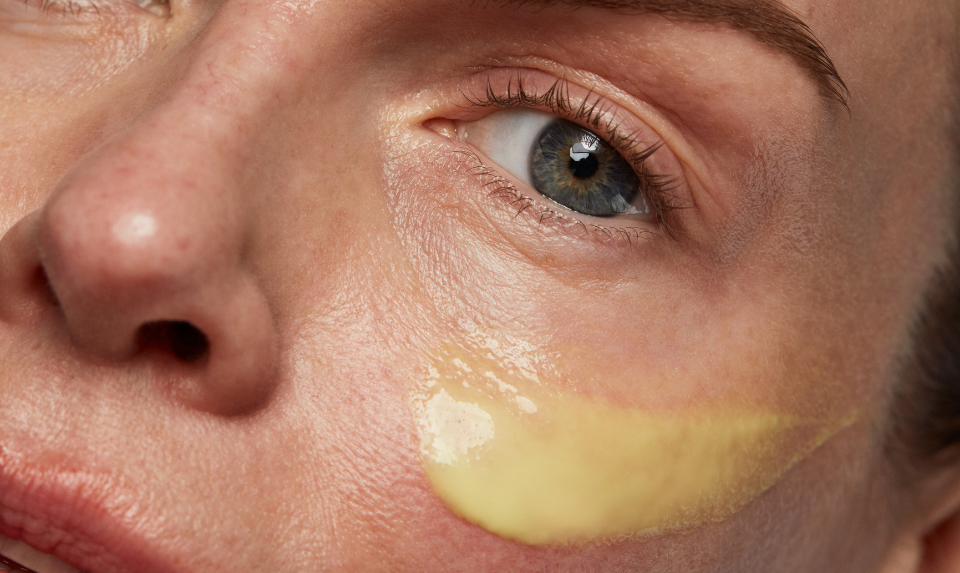When it comes to healthy, glowing skin, daily sun protection is non-negotiable. Sun protection is vital to prevent skin cancer and maintain skin health. Yet with endless options lining store shelves, choosing sunscreen can feel overwhelming. From gels to drops, SPF 30 to 50+, mineral to chemical—how do you know what’s best for your skin?
With decades of experience caring for skin of all types, we’re here to help you navigate sunscreen like a pro. Whether your skin is oily, dry, sensitive, or somewhere in between, we’ll help you find the perfect match for your lifestyle and skin goals.
Why Sunscreen is Essential for Everyone
Let’s start with the basics: why is sunscreen so important? The right sunscreen acts as a shield against harmful sun exposure.
Your skin is exposed to UVA and UVB rays every day, even when it's cloudy or you're indoors. Applying sunscreen daily helps mitigate these damaging effects. UVA rays penetrate deep into the skin and are primarily responsible for premature aging and health issues¹. UVB rays affect the skin’s surface and cause sunburn. Using a sunscreen with an appropriate SPF is crucial to safety. Both can lead to skin cancer. The Skin Cancer Foundation² recommends embracing sunscreens in a skincare routine.
Daily sunscreen use helps:
-
Prevent premature aging
-
Reduce the risk of skin cancer
-
Minimize pigmentation and dark spots
-
Keep skin smooth, healthy, and glowing
Myth buster: Yes, you can get a sunburn on a cloudy day.
Understand Your Skin Type to Effectively Choose the Right Sunscreen
Normal to Combination Skin
If your skin isn’t particularly dry or oily, you’ll want a sunscreen that feels light, absorbs well, and keeps your skin hydrated.
Look for: lightweight lotions, hydrating gels or drops.
Kate's Pick: HydraKate Illuminating 50+ SPF Drops. These ultra-light drops deliver a radiant glow while offering high SPF protection, perfect for enhancing natural skin tone.
Oily or Acne-Prone Skin
Finding the right sunscreen can be tricky for those prone to breakouts or shine. The key? Choose oil-free, non-comedogenic, and mattifying formulas.
Avoid: heavy oils and pore-clogging silicones.
Kate's Pick: UncompliKated SPF 50 Setting Spray. This fine mist sunscreen is oil-free, fast-drying, and perfect for touch-ups—plus, it sets makeup while protecting your skin.
Dry or Sensitive Skin
Choose products that are specifically safe for sensitive skin. Dry and sensitive skin needs hydration and soothing ingredients to calm irritation.
Look for: creamy, hydrating formulas that are fragrance-free, hypoallergenic, and mineral-based when possible.
Kate’s Recommendation: Either the HydraKate Illuminating 50+ SPF Drops or the UncompliKated SPF 50 Setting Spray works beautifully here. Both are gentle and effective, giving you options based on your texture preference.
Mature or Aging Skin
As skin matures, it benefits from sun protection that includes anti-aging ingredients and hydrating properties to combat dryness and dullness. This helps in maintaining healthy skin and avoiding sunburn.
Kate's Pick: HydraKate Illuminating 50+ SPF Drops. Infused with antioxidants, these drops protect while promoting radiance, making them a must-have for mature skin.
Key Factors to Consider When Choosing Sunscreen
SPF Level: What Number is Right?
SPF refers to how well a sunscreen protects against UVB rays. Selecting the correct SPF is an important step in choosing sunscreen. Here’s a quick guide:
-
SPF 30 blocks ~97% of UVB rays³; SPF 50 blocks ~98%—choose the one that best suits your needs.
Dermatologist tip: Choose sunscreen with an SPF of at least 30⁴ for everyday use and ensure it offers broad-spectrum protection. Our sunscreens meet these important standards.
Physical (Mineral) vs Chemical Sunscreens
When comparing mineral vs chemical sunscreens, physical (mineral) sunscreens sit on top of skin and deflect rays. Consider mineral sunscreens for comprehensive care. Chemical sunscreens absorb UV rays and convert them into heat. Chemical sunscreens are effective in providing robust sun defense.
Chemical sunscreens absorb UV rays and convert them into heat, offering optimal use benefits.
-
Physical: Great for sensitive skin, but can leave a white cast
-
Chemical: Lightweight, blendable, and ideal for everyday wear
Kate Somerville’s sunscreens primarily use chemical filters designed for comfort, performance, and skin-friendliness.
Additional Features to Look For
-
Water resistance: Great for outdoor adventures
-
Hydrating and anti-aging benefits: Keep your skincare routine streamlined
-
Texture and finish: Should feel good on your skin
Bonus: The HydraKate Illuminating 50+ SPF Drops double as a skin brightener, making SPF part of your daily glow routine.
How to Properly Apply Sunscreen for Maximum Protection
Applying sunscreen the right way makes all the difference.
-
How much sunscreen? About a teaspoon of sunscreen for your face or a few drops of serum-style SPF
-
When? Apply at least 15 minutes before sun exposure
-
How often? Reapply every 2 hours, or immediately after sweating or swimming
Pro tip: Mix HydraKate Illuminating 50+ SPF Drops with your foundation or layer under makeup for a seamless, glowing finish.
Sunscreen FAQs
Is a higher SPF always better? SPF 30–50 offers safe and effective protection for most daily situations. What matters most is proper application and reapplication.
Can sunscreen cause breakouts? Not when you choose non-comedogenic formulas like UncompliKated SPF 50 Setting Spray.
What if I have sensitive skin? Look for fragrance-free, soothing, mineral-based formulas. Kate Somerville products are crafted to be gentle and effective, and such ingredients play a vital role in protecting sensitive skin.
How often should I reapply sunscreen during the day? Every 2 hours—more often if you’re sweating, swimming, or towel drying.
Need more guidance? Explore the full range of our sunscreen blogs for expert tips.
Protect Your Skin with Kate Somerville
The right sunscreen can be the best way to ensure long-term skin health and radiance. Whether you're heading out for a sunny day or working indoors by a window, daily SPF is essential.
Your skin deserves this glow. Let Kate Somerville help you protect it beautifully.
Sources:
-
University of Iowa Hospitals & Clinics. (2018, April). What is the difference between UVA and UVB rays? https://uihc.org/health-topics/what-difference-between-uva-and-uvb-rays
-
The Skin Cancer Foundation. (2025, May). All about sunscreen. https://www.skincancer.org/skin-cancer-prevention/sun-protection/sunscreen/
-
Northwestern Medicine. (2025, May). What Do the SPF Numbers Mean? Reduce Your Risk of Skin Cancer and Skin Damage https://www.nm.org/healthbeat/healthy-tips/quick-dose-how-much-spf-do-you-really-need
-
The Skin Cancer Foundation. (2023, May). Ask the expert: Does a high SPF protect my skin better? https://www.skincancer.org/blog/ask-the-expert-does-a-high-spf-protect-my-skin-better
